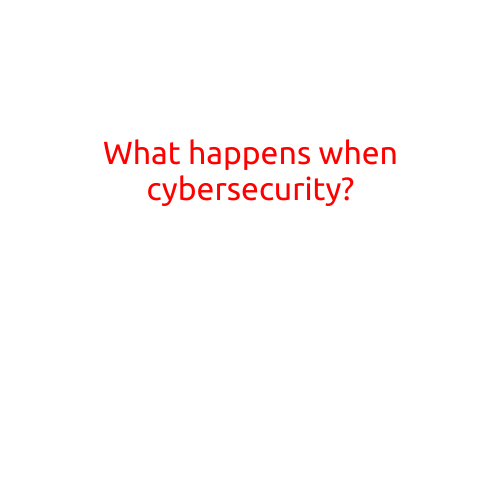
What Should I Do if Online Privacy is a Concern?
In today’s digital age, online privacy is a growing concern for many of us. With the increasing reliance on the internet and social media, it’s no wonder that hackers, data breaches, and cyber attacks have become more common. As a result, it’s essential to take steps to protect your online privacy and maintain your security online.
Assess Your Online Footprint
The first step in protecting your online privacy is to assess your online footprint. Review your social media profiles, online searches, and other digital activities to identify potential vulnerabilities. Consider the following:
- What personal information are you sharing online?
- Are you using strong and unique passwords for all accounts?
- Are you using public WiFi networks or unsecured networks?
- Are you sharing sensitive information, such as financial details or personal addresses, online?
Use Strong Passwords and Authentication
Using strong and unique passwords for all accounts is crucial in maintaining your online privacy. Additionally, consider using two-factor authentication (2FA) to add an extra layer of security. 2FA requires you to provide a second form of verification, such as a code sent to your phone or a biometric scan, in addition to your password.
Use a Virtual Private Network (VPN)
A VPN creates a secure and encrypted connection between your device and the internet. This can help protect your online activities from being monitored or intercepted by hackers or snoopers. When choosing a VPN, look for one that has a good reputation, strong encryption, and a no-logging policy.
Use Incognito Mode and Delete Browsing History
When you’re using a public computer or shared network, consider using incognito mode or a private browsing window. This can help prevent your browsing history from being stored or tracked. Additionally, make it a habit to delete your browsing history regularly to remove any sensitive information.
Be Cautious with Email and Passwords
Be cautious when sharing your email address or password with third-party services. Make sure you’re only sharing this information with reputable companies, and never share your password with anyone. Consider using a password manager to securely store your passwords and generate strong, unique passwords for each account.
Use Security Software and Keep it Up-to-Date
Install reputable security software, such as an antivirus program, and keep it up-to-date to protect against malware and viruses. Additionally, consider using a firewall and intrusion detection system to detect and block potential threats.
Monitor Your Credit Reports
Monitor your credit reports regularly to detect any suspicious activity or identity theft. Consider using a credit monitoring service to receive alerts and updates on your credit reports.
Consider Using a Digital Lockbox
A digital lockbox is a secure storage solution for sensitive documents and files. You can upload and store sensitive files, such as financial documents or identification, in a secure digital locker.
Stay Informed and Educated
Stay informed and educated about online privacy and security best practices. Follow reputable sources, such as the Federal Trade Commission (FTC) or the National Cyber Security Alliance (NCSA), to stay up-to-date on the latest threats and security measures.
Conclusion
Protecting your online privacy requires a combination of awareness, vigilance, and proactive measures. By assessing your online footprint, using strong passwords and authentication, and employing other security measures, you can reduce the risk of online threats and maintain your security online. Remember to stay informed and educated, and take control of your online presence to ensure your privacy is protected.





